Psychopharmacological Treatment Complications in the Elderly
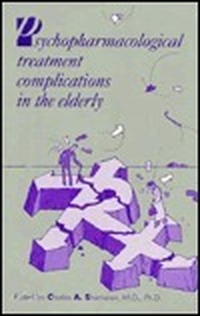
Summary
Although the elderly comprise only 12% of the general population, they consume 25% of all prescribed medication. For those taking psychotropic medication, the risks of drug-drug interactions are increased. To complicate medication management, many psychotropic drugs are associated with side effects that become less tolerable with age. Consequently, frequent drug monitoring is essential to proper clinical care of the geriatric patient.
This volume will help clinicians determine risk-benefit ratios for psychotropic drug use and make choices about the appropriateness of alternative treatment approaches. Topic areas cover complex clinical situations commonly encountered in the psychiatric treatment of geriatric patients who concomitantly suffer from other medical problems. Respected contributors examine adverse cognitive effects associated with tricyclic antidepressants, cardiac risks of antidepressants, neuroleptic side effects, neuroleptic malignant syndrome, problems associated with long-term use of benzodiazepines, and efficacy and side effects of cholinergic drugs used in the treatment of Alzheimer's disease.
Similar Books
-
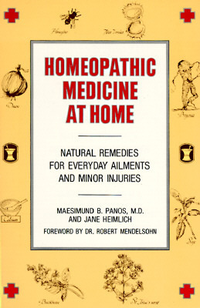 Homeopathic Medicine At Home: Natural Remedies for Everyday Ailments and Minor Injuries
Homeopathic Medicine At Home: Natural Remedies for Everyday Ailments and Minor Injuriesby Maesimund B. Panos
-
 Massachusetts General Hospital handbook of general hospital psychiatry
Massachusetts General Hospital handbook of general hospital psychiatryby Theodore A. Stern
-
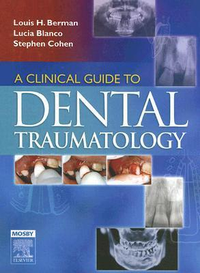 A Clinical Guide to Dental Traumatology
A Clinical Guide to Dental Traumatologyby Louis H. Berman DDS FACD
-
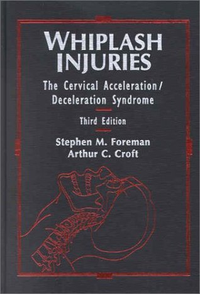 Whiplash Injuries: The Cervical Acceleration/Deceleration Syndrome
Whiplash Injuries: The Cervical Acceleration/Deceleration Syndromeby Stephen M. Foreman
-
 Meningitis
Meningitisby Brian R. Shmaefsky
-
 Geriatrics & Gerontology of the Dog and Cat
Geriatrics & Gerontology of the Dog and Catby Richard T. Goldstons
-
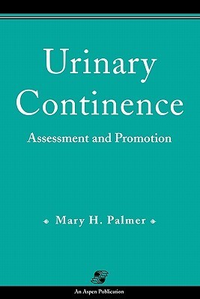 Urinary Continence: Assessment and Promotion
Urinary Continence: Assessment and Promotionby Mary H. Palmer
-
 Medicinal Herbal Therapy: A Pharmacist's Viewpoint
Medicinal Herbal Therapy: A Pharmacist's Viewpointby Steven G. Ottariano
-
 Breast Cancer
Breast Cancerby Suzanne, Ed. Mahon
-
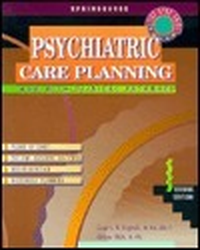 Psychiatric Care Planning
Psychiatric Care Planningby Susan L.W. Krupnick
-
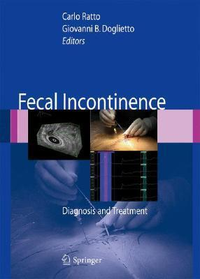 Fecal Incontinence: Diagnosis and Treatment
Fecal Incontinence: Diagnosis and Treatmentby Carlo Ratto
-
 Textbook of Respiratory Disease in Dogs and Cats
Textbook of Respiratory Disease in Dogs and Catsby Lesley G. King
-
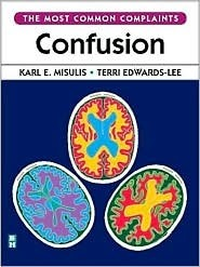 Confusion
Confusionby Terri Edwards-Lee MD
-
 Rheumatoid Arthritis: A Clinical Guide
Rheumatoid Arthritis: A Clinical Guideby Larry W. Moreland
-
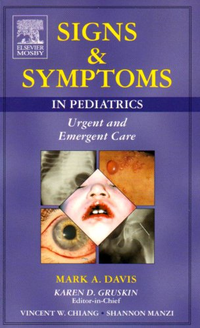 Signs and Symptoms in Pediatrics
Signs and Symptoms in Pediatricsby Mark Davis
-
 Medical Management of Atherosclerosis
Medical Management of Atherosclerosisby John C. Larosa
-
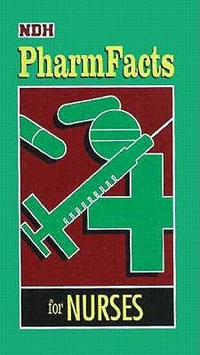 Pharmfacts for Nurses
Pharmfacts for Nursesby Lippincott Williams & Wilkins
-
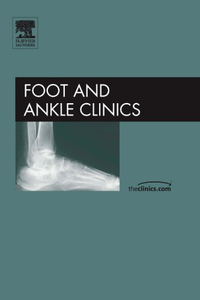
-
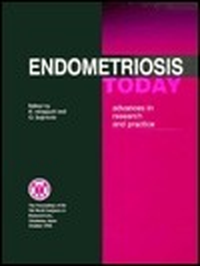 Endometriosis Today: Advances in Research and Practice
Endometriosis Today: Advances in Research and Practiceby H. Minaguchi